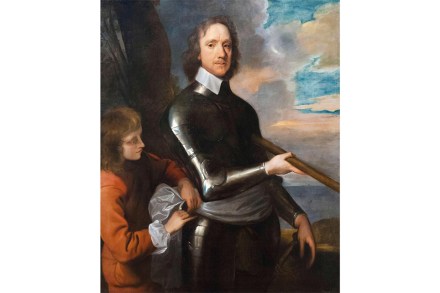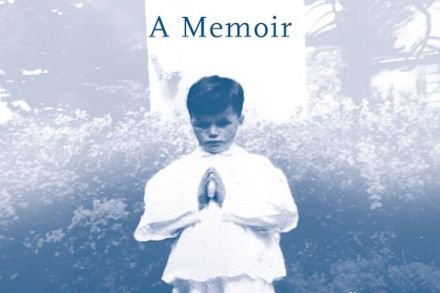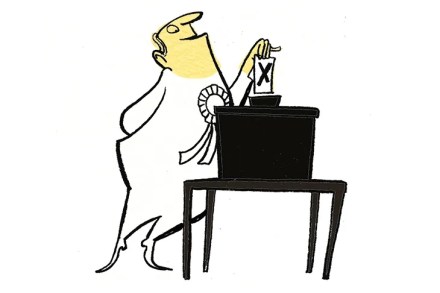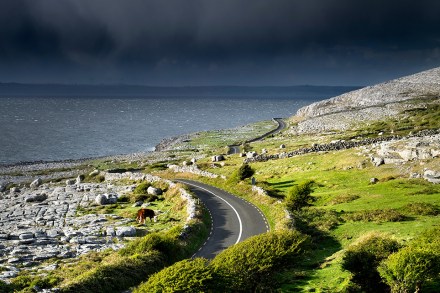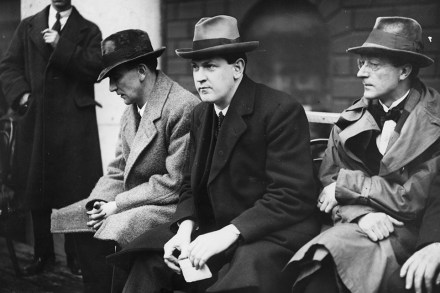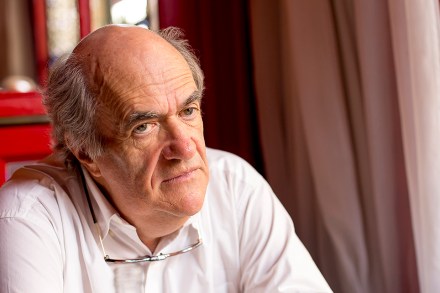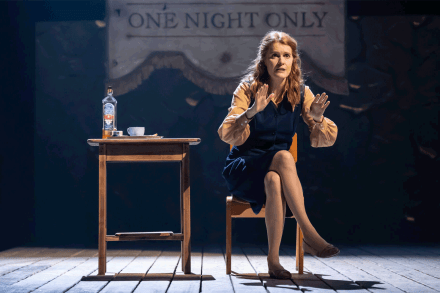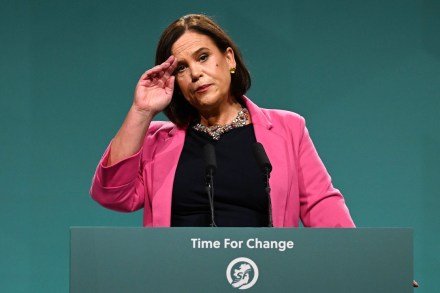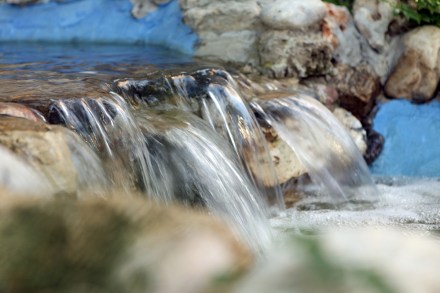How weird was Oliver Cromwell?
One of the most notorious episodes in the siege of Drogheda, when more than 3,000 Irish people were killed by an English army headed by Oliver Cromwell, came when Cromwell and his troops chased a renegade band of the enemy up into the steeple of St Peter’s church. When the fleeing detachment of soldiers refused to surrender, Cromwell ordered that the steeple be burned. We know that this is true because, in addition to the corroborating evidence, Cromwell wrote a 1,500-word letter about the events back to the House of Commons on 17 September 1649, exulting that he had even heard one of the trapped men screaming: ‘God damn me,
